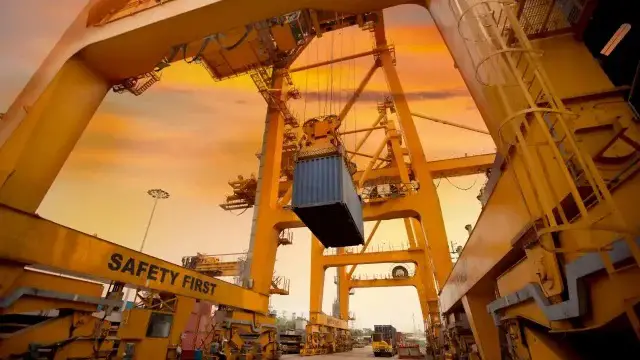Experts say that if the relocation of chains is not consolidated in two years in the country, it will not happen.
The rise of the phenomenon of the relocation of chains or ‘nearshoring’ in Mexico could be endangered if former US President Donald Trump prevailed in the presidential elections next November, financial analysts said on Thursday.
“Do you really think Trump is in favor of ‘nearshoring’? What he is going to say is: ‘All that manufacturing, it has to come here (to the United States). I don’t want to give any possibility that it will go to Mexico’. And I think that is one of the great dangers we are facing,” said Jorge Suárez Vélez, executive director of the ACIA consultancy.
During the analysis table ‘Economic perspectives 2024’, the financial analyst pointed out that until now ‘nearshoring’ has not taken off as it should in Mexico largely due to the current government’s energy policy.
“Today the decision that Tesla is making about whether to open a plant in Nuevo León or not has to do strictly with the supply of electricity, because what the Mexican government is proposing today is to supply it by burning fuel oil to generate electricity and that sets them back 10 years in their goals,” he said.
He also predicted that if ‘nearshoring’ is not consolidated in two years in Mexico “it will not happen”.
On the contrary, Alejandra Marcos, director of analysis and strategy at Intercam Banco, argued that the United States does not necessarily have to do with the relocation of productive chains, although it all started with the trade war between Trump and China, a conflict that will continue.
She accepted that Mexico has really done “nothing” to capture the potential of ‘nearshoring’, but recognized that the country has important advantages such as skilled labor.
Suárez Vélez indicated that another of the dangers with Trump’s arrival is the continuity of the Treaty between Mexico, the United States and Canada (TMEC), since ratifying it will be “extraordinarily important”.
Regarding the economic outlook, the analysts predicted a “good” first half for Mexico, driven by consumption and investments, the main growth factors in 2023.
“I think we are going to have a good first half and a much more complex second half, especially in the face of the presidential elections in the United States,” Marcos said.
The analyst explained that public investments in works such as the Maya Train and the Dos Bocas refinery, together with ‘nearshoring’, will boost private investment, considering that the Mexican economy will grow by 2.7% this year.
Ricardo Aguilar, chief economist at Banco Invex, agreed with a forecast above 2%, mainly due to the potential for investors to arrive in the country.
However, he said that one of the biggest pending issues is to increase productivity with a technological change, education and better health conditions in the population.
In contrast, Suárez Vélez said that Mexico will not reach 2% growth this year mainly because the US economy could enter a recession in the second half of the year.
About the exchange rate, they agreed that the dollar will continue to weaken although it could reach a value of between 18 and 19 pesos at the end of 2024.
Source: Forbes







